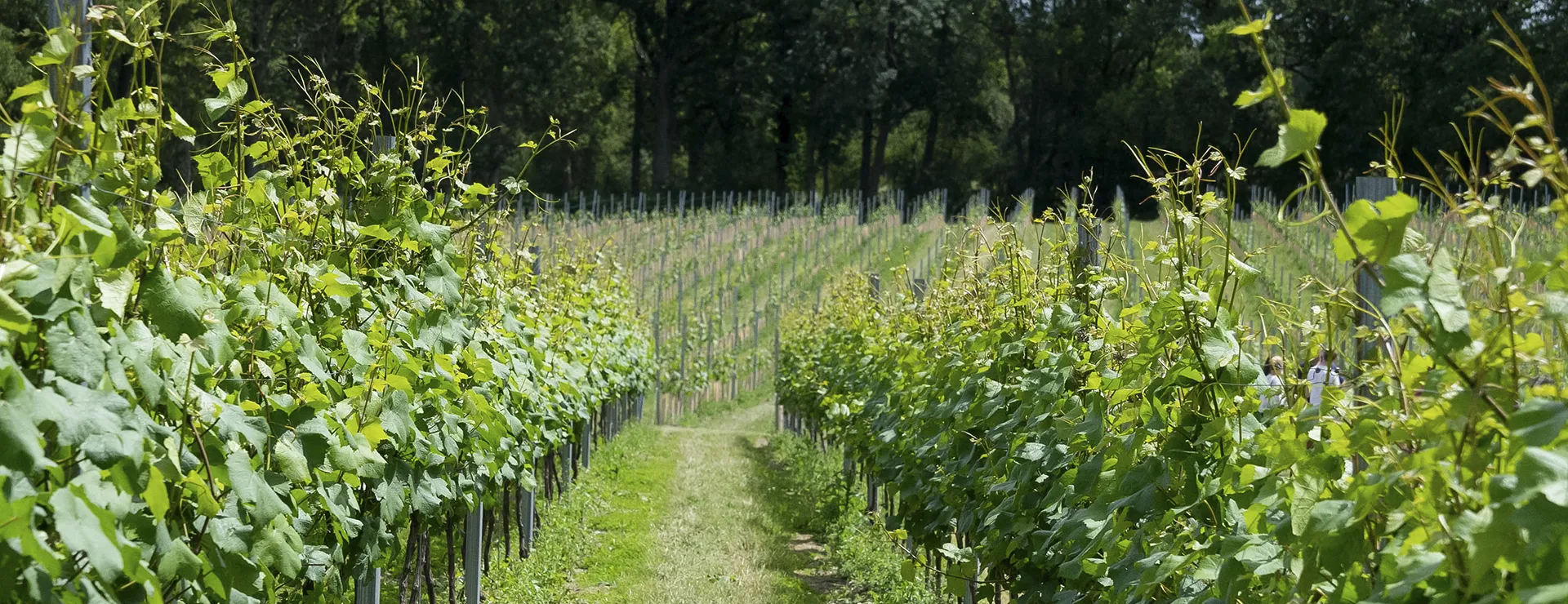To green and pleasant!

Sustainability
To Green and Pleasant

We scrutinise the environmental consequences of every bottle of Digby Fine English, from grape through to glass.
Depending on where a bottle of Digby is consumed, we estimate its footprint to be 1.2 – 1.75 kg CO2. Here are some of the ways we consciously reduce our carbon footprint:
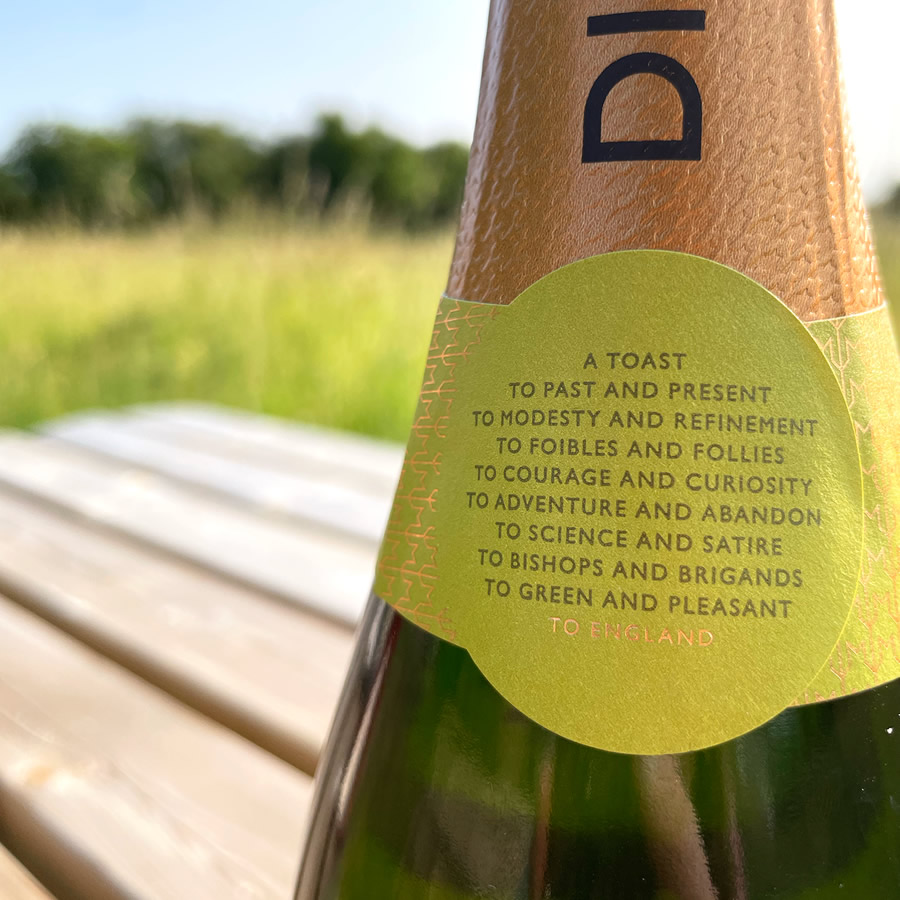
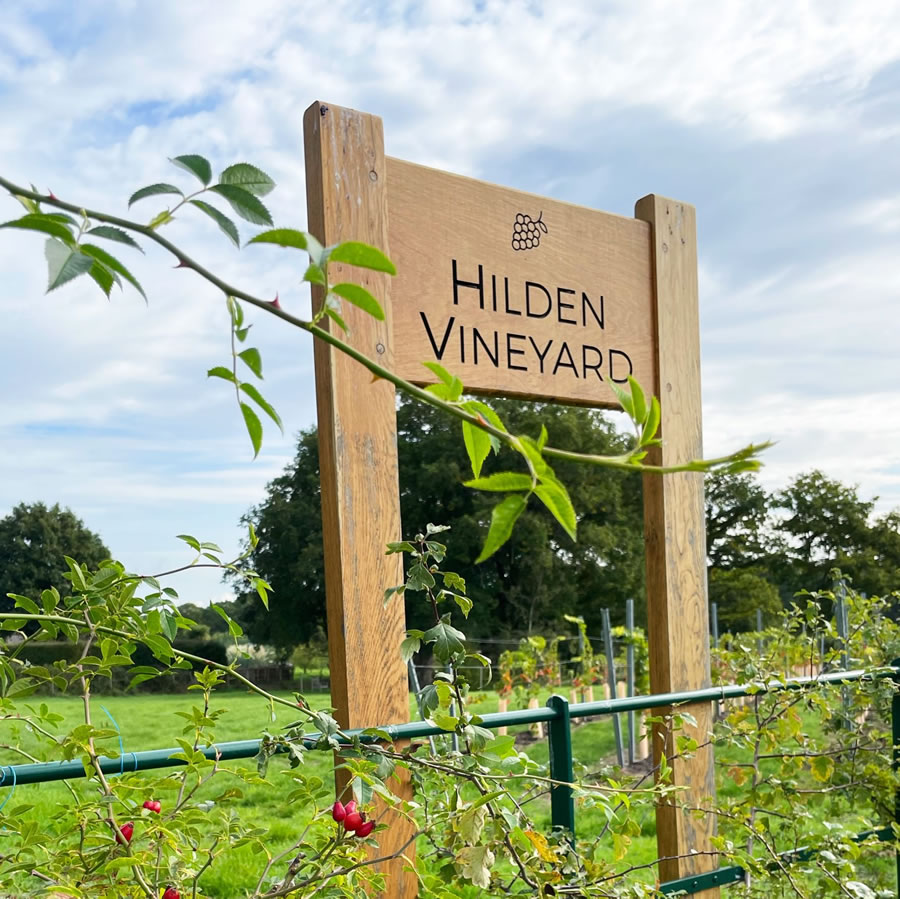
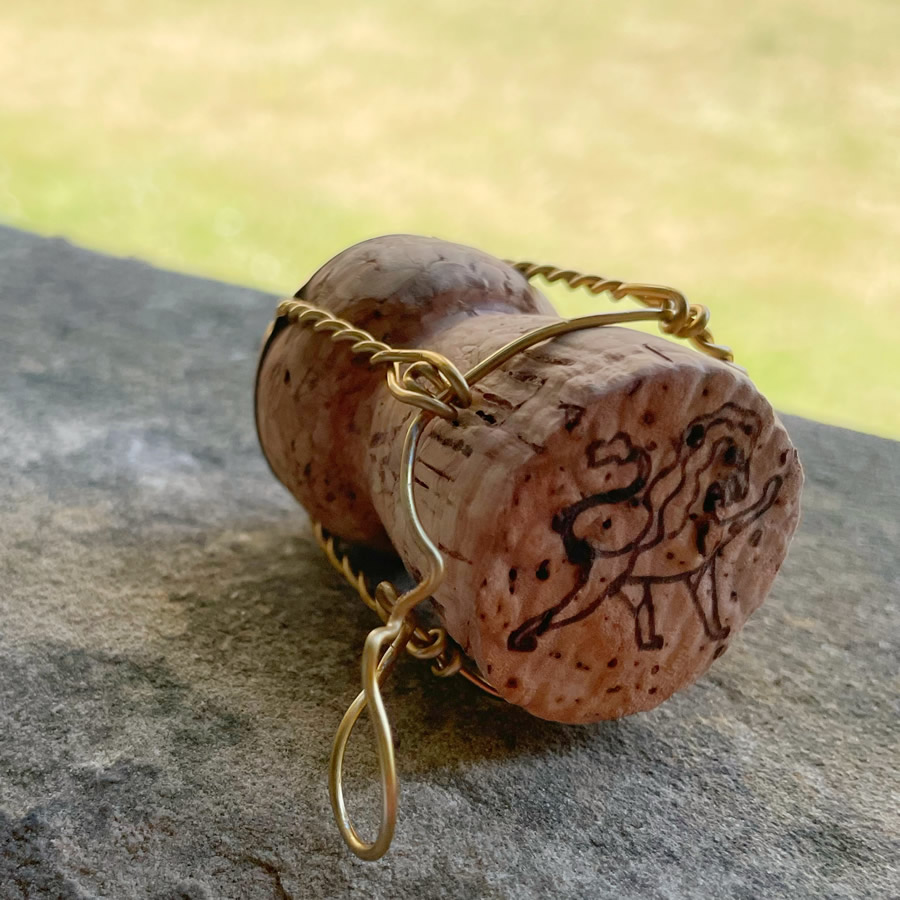
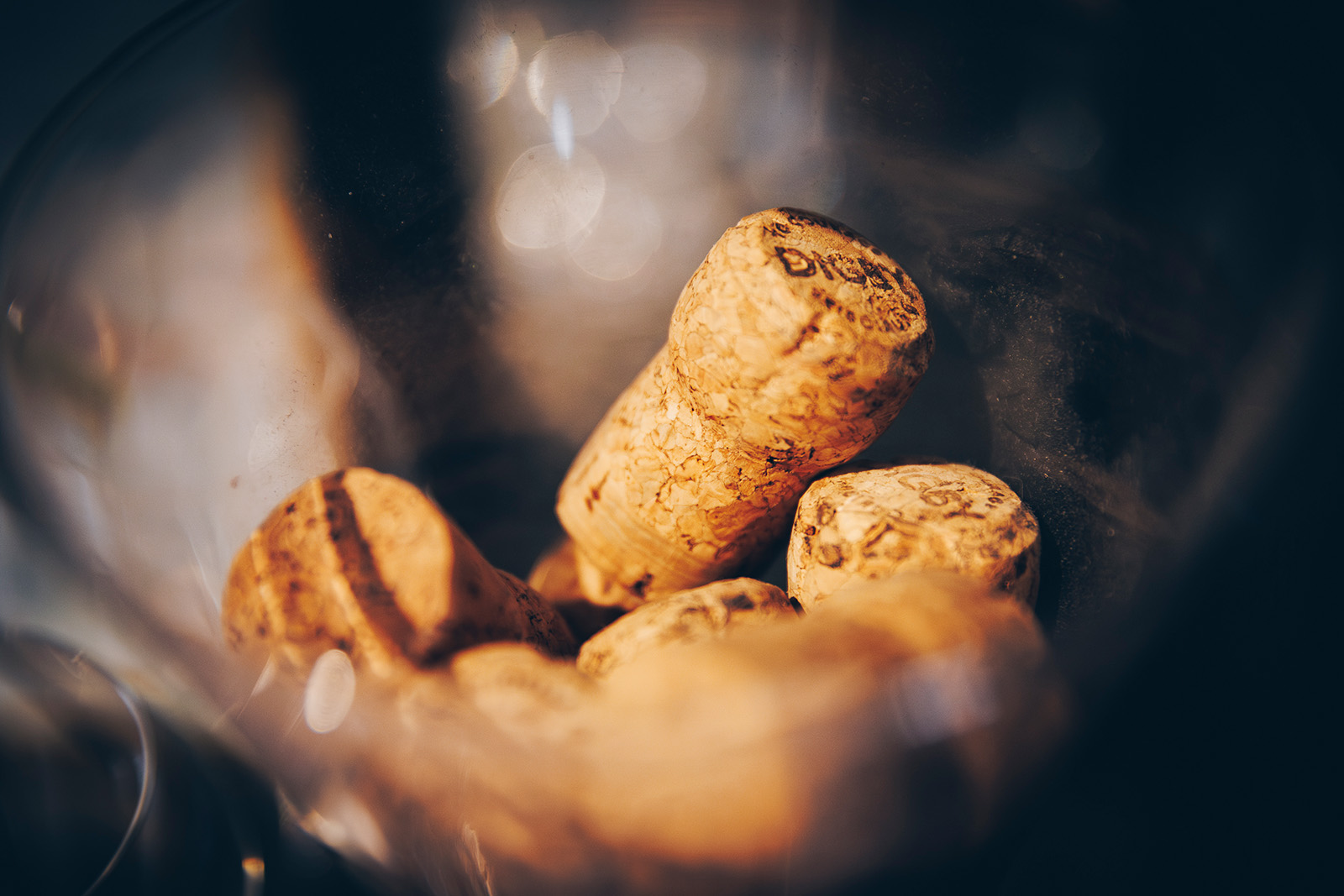
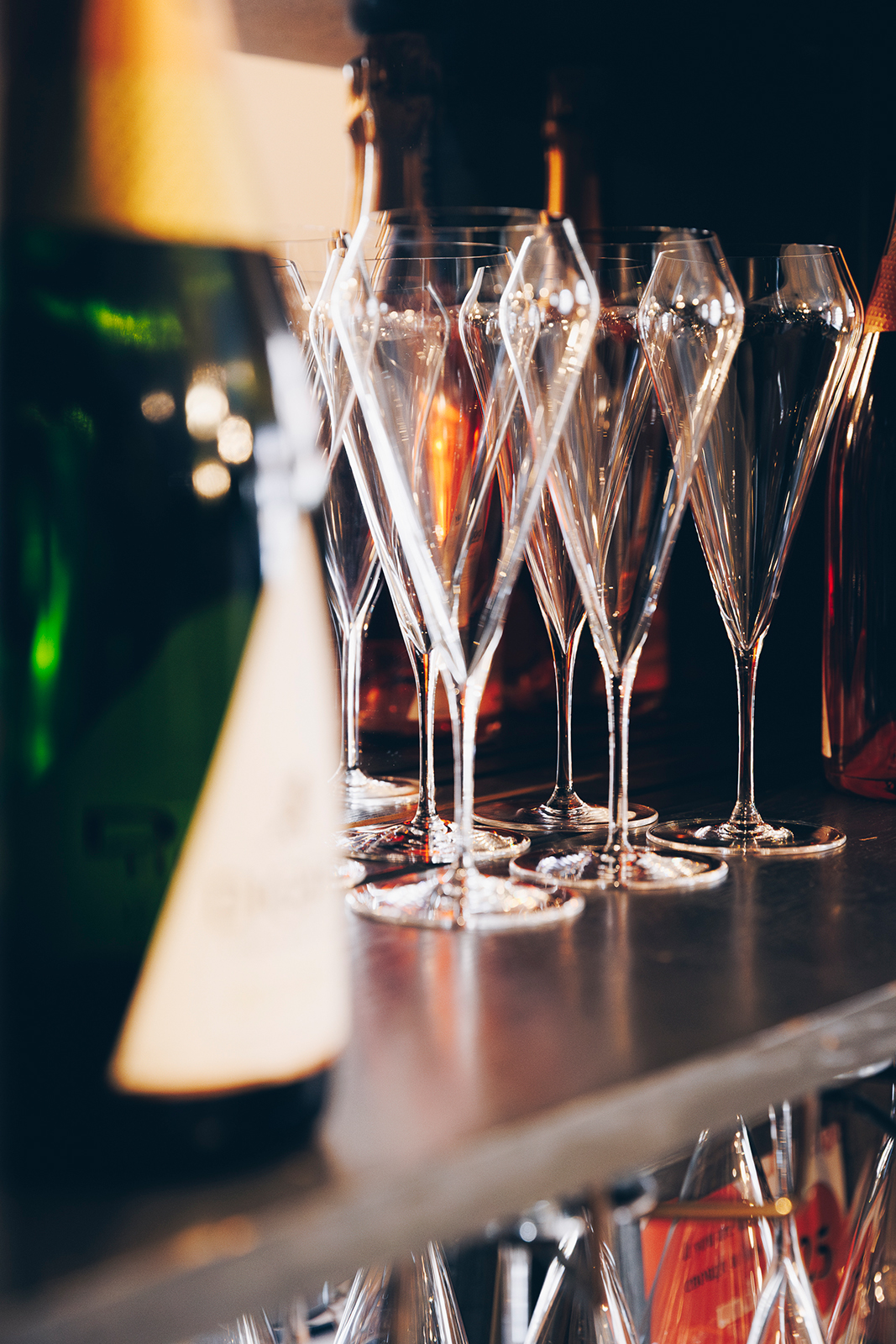
Sustainability
Our green credentials

1. Vineyards
Each bottle of Digby contains about 1kg of grapes. During the growing season, the vines remove around 300g of CO2 from the environment through photosynthesis.
We choose our vineyard partners carefully to ensure that they play their part towards our sustainability, including Digby’s own Hilden Vineyard, which hosts an array of beehives to maintain balance in nature.
2. Bottles
Whether empty or full, glass bottles and their transportation are the single biggest contributors to carbon emissions in the production of sparkling wine.
We use 835g Ecova 75cl glass bottles from Verallia. Compared to traditional Champagne bottles, these are 15% lighter and generate 15% less CO2 to manufacture.
Verallia’s manufacturing process can take in up to 100% recycled glass, so one bottle can literally last a lifetime if correctly recycled. Read more about Verallia’s commitment to reducing its CO2 emissions by 40% by 2030, here.
3. Corks
Our 100% natural cork closures, produced by Amorim, have been shown in studies to have a negative carbon footprint.
4. Wire hoods
We use traditional wire hoods with no additional plastic coatings.
5. Foils
Have you noticed the leaf on the gold necks of our bottles? These denote our Sparlux foils featuring ‘Absolute Green Line’ technology. They offer a 21% reduction in carbon emissions compared to standard foils and use a plant-based polyethylene layer made from sugar cane instead of glue, with water-based inks.
6. Boxes
All of our transit boxes are made from recycled materials which are, themselves, recyclable.
Digby’s Tasting Room and winery teams recycle all cardboard and re-use pulp inserts.
7. Transport
We minimise road and air haulage where possible by transporting Digby wines internationally by sea containers.
8. Off-setting
For all wine sold from 2020 onwards, we have been planting trees to net out our carbon footprint. The first were planted on our doorstep, just outside of Arundel

